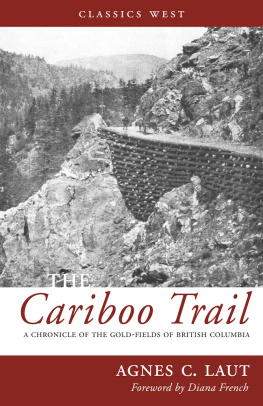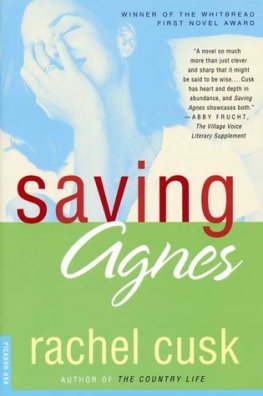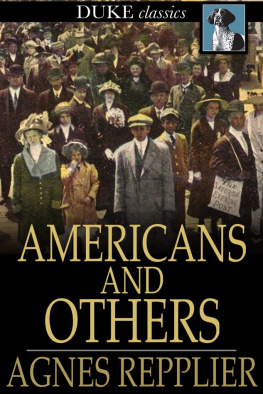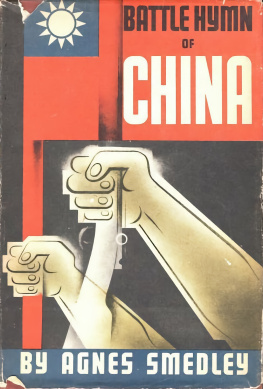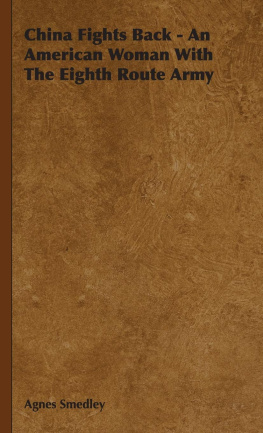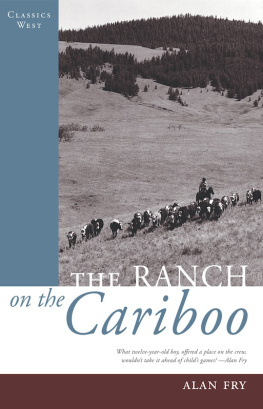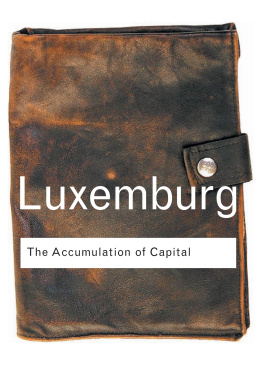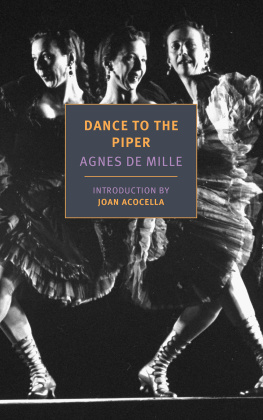Agnes C. Laut - The Cariboo Trail
Here you can read online Agnes C. Laut - The Cariboo Trail full text of the book (entire story) in english for free. Download pdf and epub, get meaning, cover and reviews about this ebook. year: 2013, publisher: Touchwood Editions, genre: Detective and thriller. Description of the work, (preface) as well as reviews are available. Best literature library LitArk.com created for fans of good reading and offers a wide selection of genres:
Romance novel
Science fiction
Adventure
Detective
Science
History
Home and family
Prose
Art
Politics
Computer
Non-fiction
Religion
Business
Children
Humor
Choose a favorite category and find really read worthwhile books. Enjoy immersion in the world of imagination, feel the emotions of the characters or learn something new for yourself, make an fascinating discovery.
- Book:The Cariboo Trail
- Author:
- Publisher:Touchwood Editions
- Genre:
- Year:2013
- Rating:5 / 5
- Favourites:Add to favourites
- Your mark:
- 100
- 1
- 2
- 3
- 4
- 5
The Cariboo Trail: summary, description and annotation
We offer to read an annotation, description, summary or preface (depends on what the author of the book "The Cariboo Trail" wrote himself). If you haven't found the necessary information about the book — write in the comments, we will try to find it.
The Cariboo Trail — read online for free the complete book (whole text) full work
Below is the text of the book, divided by pages. System saving the place of the last page read, allows you to conveniently read the book "The Cariboo Trail" online for free, without having to search again every time where you left off. Put a bookmark, and you can go to the page where you finished reading at any time.
Font size:
Interval:
Bookmark:
Early in 1849 the sleepy quiet of Victoria, Vancouver Island, was disturbed by the arrival of straggling groups of ragged nondescript wanderers, who were neither trappers nor settlers. They carried blanket packs on their backs and leather bags belted securely round the waist close to their pistols. They did not wear moccasins after the fashion of trappers, but heavy, knee-high, hobnailed boots. In place of guns over their shoulders, they had picks and hammers and such stout sticks as mountaineers use in climbing. They did not forgather with the Indians. They shunned the Indians and had little to say to any one. They volunteered little information as to whence they had come or whither they were going. They sought out Roderick Finlayson, chief trader for the Hudsons Bay Company. They wanted provisions from the companyyesrice, flour, ham, salt, pepper, sugar, and tobacco; and at the smithy they demanded shovels, picks, iron ladles, and wire screens. It was only when they came to pay that Finlayson felt sure of what he had already guessed. They unstrapped those little leather bags round under their cartridge belts and produced in tiny gold nuggets the price of what they had bought.
Finlayson did not know exactly what to do. The fur-trader hated the miner. The miner, wherever he went, sounded the knell of fur-trading; and the trapper did not like to have his game preserve overrun by fellows who scared off all animals from traps, set fire going to clear away underbrush, and owned responsibility to no authority. No doubt these men were argonauts drifted up from the gold diggings of California; no doubt they were searching for new mines; but who had ever heard of gold in Vancouver Island, or in New Caledonia, as the mainland was named? If there had been gold, would not the company have found it? Finlayson probably thought the easiest way to get rid of the unwelcome visitors was to let them go on into the dangers of the wilds and then spread the news of the disappointment bound to be theirs.
He handled their nuggets doubtfully. Who knew for a certainty that it was gold anyhow? They bade him lay it on the smiths anvil and strike it with a hammer. Finlayson, smiling sceptically, did as he was told. The nuggets flattened to a yellow leaf as fine and flexible as silk. Finlayson took the nuggets at eleven dollars an ounce and sent the gold down to San Francisco, very doubtful what the real value would prove. It proved sixteen dollars to the ounce.
For seven or eight years afterwards rumours kept floating in to the companys forts of finds of gold. Many of the companys servants drifted away to California in the wake of the Forty-Niners, and the company found it hard to keep its trappers from deserting all up and down the Pacific Coast. The quest for gold had become a sort of yellow-fever madness. Men flung certainty to the winds and trekked recklessly to California, to Oregon, to the hinterland of the country round Colville and Okanagan. Yet nothing occurred to cause any excitement in Victoria. There was a short-lived flurry over the discovery in Queen Charlotte Islands of a nugget valued at six hundred dollars and a vein of gold-bearing quartz. But the nugget was an isolated freak; the quartz could not be worked at a profit; and the movement suddenly died out. There were, however, signs of what was to follow. The chief trader at the little fur-post of Yale reported that when he rinsed sand round in his camp frying-pan, fine flakes and scales of yellow could be seen at the bottom. in such minute particles would not satisfy the men who were hunting nuggets. It required treatment by quicksilver. Though Maclean, the chief factor at Kamloops, kept all the specks and flakes brought to his post as samples from 1852 to 1856, he had less than would fill a half-pint bottle. If a half-pint is counted as a half-pound and the gold at the companys price of eleven dollars an ounce, it will be seen why four years of such discoveries did not set Victoria on fire.
It has been so with every discovery of gold in the history of the world. The silent, shaggy, ragged first scouts of the gold stampede wander houseless for years from hill to hill, from gully to gully, up rivers, up stream beds, up dry watercourses, seeking the source of those yellow specks seen far down the mountains near the sea. Precipice, rapids, avalanche, winter storm, take their toll of dead. Corpses are washed down in the spring floods; or the thaw reveals a prospectors shack smashed by a snowslide under which lie two dead pardners. Then, by and by, when everybody has forgotten about it, a shaggy man comes out of the wilds with a leather bag; the bag goes to the mint; and the world goes mad.
Victoria went to sleep again. When men drifted in to trade dust and nuggets for picks and flour, the fur-traders smiled, and rightly surmised that the California diggings were playing out.
Though Vancouver Island was nominally a crown colony, it was still, with New Caledonia, practically a fief of the Hudsons Bay Company. James Douglas was governor. He was assisted in the administration by a council of three, nominated by himselfJohn Tod, James Cooper, and Roderick Finlayson. In 1856 a colonial legislature was elected and met at Victoria in August for the first time. But, in fact, the company owned the colony, and its will was supreme in the government. John Work was the companys chief factor at Victoria and Finlayson was chief trader.
Because California and Oregon had gone American, some small British warships lay at Esquimalt harbour. The little fort had expanded beyond the stockade. The governors house was to the east of the stockade. A new church had been built, and the Rev. Edward Cridge, afterwards known as Bishop Cridge, was the rector. Two schools had been built. Inside the fort were perhaps forty-five employees. Inside and outside lived some eight hundred people. But grass grew in the roads. There was no noise but the church bell or the fort bell, or the flapping of a sail while a ship came to anchor. Three hundred acres about the fort were worked by the company as a farm, which gave employment to about two dozen workmen, and on which were perhaps a hundred cattle and a score of brood mares. The company also had a saw-mill. Buildings of huge, squared timbers flanked three sides of the inner stockadesthe dining-hall, the cook-house, the bunk-house, the store, the traders house. There were two bastions, and from each cannon pointed. Close to the wicket at the main entrance stood the postoffice. Only a fringe of settlement went beyond the companys farm. The fort was sound asleep, secure in an eternal certainty that the domain which it guarded would never be overrun by American settlers as California and Oregon had been. The little Admiralty cruisers which lay at Esquimalt were guarantee that New Caledonia should never be stampeded into a republic by an inrush of aliens. Then, as now, it was Victorias boast that it was more English than England.
So passed Christmas of 57 with plum-pudding and a roasted ox and toasts to the crown and the company, though we cannot be quite sure that the company was not put before the crown in the souls of the fur-traders.
Then, in March 1858, just when Victoria felt most secure as the capital of a perpetual fur realm, something happened. A few Yankee prospectors had gone down on the Hudsons Bay steamer Otter to San Francisco in February with gold dust and nuggets from New Caledonia to exchange for money at the mint. The Hudsons Bay men had thought nothing of this. Other treasure-seekers had come to New Caledonia before and had gone back to San Francisco disappointed. But, in March, these men returned to Victoria. And with them came a mad rabble of gold-crazy prospectors. A city of tents sprang up overnight round Victoria. The smithy was besieged for picks, for shovels, for iron ladles. Men stood in long lines for their turn at the trading-store. By canoe, by dugout, by pack-horse, and on foot, they planned to ascend the Fraser, and they mobbed the company for passage to Langley by the first steamer out from Victoria. Goods were paid for in cash. Before Finlayson could believe his own eyes, he had two million dollars in his safe, some of it for purchases, some of it on deposit for safe keeping. Though the company gave no guarantee to the depositors and simply sealed each mans leather pouch as it was placed in the safe, no complaint was ever made against it of dishonesty or unfair treatment.
Font size:
Interval:
Bookmark:
Similar books «The Cariboo Trail»
Look at similar books to The Cariboo Trail. We have selected literature similar in name and meaning in the hope of providing readers with more options to find new, interesting, not yet read works.
Discussion, reviews of the book The Cariboo Trail and just readers' own opinions. Leave your comments, write what you think about the work, its meaning or the main characters. Specify what exactly you liked and what you didn't like, and why you think so.

